2019 Recommended Book List [Japanese Literature]: Five not-so-popular, but worth reading works
This article is invited by the key comment network and published in the column of freshly squeezed literature
Link: https://www.thenewslens.com/article/128801
Time flies, and soon 2019 will come to an end and 2020 will be ushered in.
2019 is also a very rich year for Japanese translation novels. In modern literature, many novels by Dazai Osamu, Natsume Soseki, Tanizaki Junichiro, and Mishima Yukio have been retranslated and republished. Among them, Dazai's "Disqualification in the World" and Soseki's "I Am a Cat" have been published by major publishing houses. The two most popular search keywords for writers. There are also many reprints of reasoning books this year. Among them, the main reasoning masterpieces by Higashino Keigo, Matsumoto Kiyocho, Miyabe Miyuki and others have been repackaged in a more gorgeous manner and placed in the new book area. In addition, the reasoning reformist - Natsuhiko Jinggoku - also has several new Yokai works, which make readers' eyes dizzy.
As for other contemporary novels, the most impressive ones are Akira Higashiyama's "The One I Killed and the One Who Killed Me" in early January, "The Sharp Teeth of the Trompic Painting" and "The False Accomplice" by Samurai Shioda, Watanabe Junichi's "Red Castle", Yoshimoto Banana's essays and Harada Maiba and other works. In addition, there are two novels republished by the well-known Haruki Murakami in September and October - "Listening to the Wind's Song" and "Kafka on the Beach".
In this article, the author does not intend to review these popular works one by one, but I intend to share with you five works that may not be so popular this year, but are worth reading and collecting.
The first book: Natsume Soseki's ultimate pen - "Light and Darkness"
Because of the death of the author, this novel was not completed at that time, which became a major regret in the literary world. But this unfinished posthumous work was later hailed as "Japan's true first modern novel".
This is enough to show that "Light and Dark" is a work with rich meaning. At the same time, for readers who love Natsume Soseki, reading "Light and Darkness" is like reading other works of Soseki at the same time, because there are too many shadows of other novels in this posthumous work, among which the title - "Light and Darkness", more It is directly reminiscent of Soseki's other work, Heart, because the metaphor of "light and dark" is actually the unpredictable human heart. Especially Japanese civilization, which was deeply shaken by Western culture at that time.
But "Light and Dark" is very different from Soseki's other works. Although, as usual, Soseki always writes about people's conflicts and setbacks when faced with old and new cultures, "Light and Dark" gives people a stronger feeling. Anxiety and depression. In it, each character has his own tricks and uses all kinds of thoughts to use civilization, Western-style appearance, and rituals to gain his own interests and fame, and oppress the protagonist in the book. And even the protagonist Tsuda himself can't escape the fate of using Western thinking to disguise himself and dare not face his old love mentality. He just kept concealing and covering up the thoughts and emotions that were about to collapse in his poor and weak body with his seemingly free and broad appearance and words.
Although his wife Ayan is proud of being a new-style woman and thinks that she is happy because she can make decisions, choose marriage and life goals, she does not realize that she is unconsciously facing the pressure of the new-style image of women to the outside world. , while internally there is still a desire to express the traditional value of a good wife and a good mother. Caused her to be in constant anxiety and fear for a moment.
For Natsume Soseki, the values and freedom that came from the West, although open and individual, did not really liberate people. On the contrary, the excessive emphasis and promotion of free love and individualism made the intellectuals at that time fall into more shackles. Because we found that the yearning for freedom is in fact an image burden. Just like an actor wearing a mask, he must bear the pressure of playing a "role". From this point of view, "Light and Dark" is even more terrifying than "Heart".
Think about it, between you and me, who lives in the bondage? Who lives free? Who is happier? Who is bound by excess? Whose life is more secure? Who is having a turbulent life? It seems to me that you are servile all day long and have no guts. What I don't like, I only know how to avoid it blindly; what I like, I desperately pursue. why? There is no reason at all. Just because you are too free and have the conditions to pursue luxury.
Under the appearance of civilization and the bath of new knowledge, can man break free from the blindness of the old age? This question, I think, is why Soseki Natsume's works are still worth reading and rereading today. In these works, his insight into people's hearts and the times will leave a profound elaboration and dialectic of the thoughts in his works for later generations, and then provide real guidance for life.
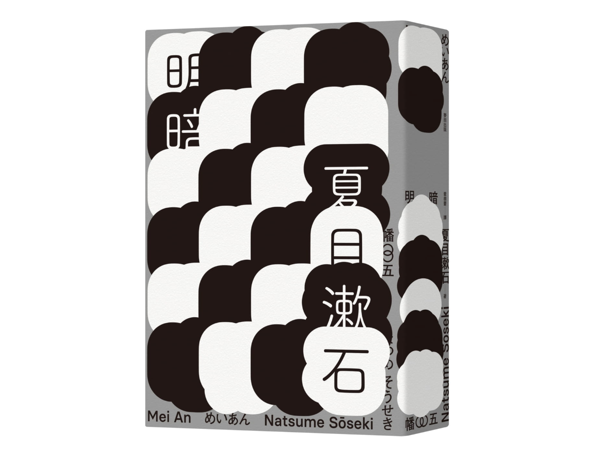
The second book: Central Plains Zhongye Poems - "Goat Song"
I have long since woken up with good intentions
After getting up, sad and ordinary thoughts
I, dreaming with malice...
(Had not dwelled there,
never escaped from there)
This world is like the sea.
On the sea, the gaunt-faced boatman
rowing the boat with weak hands
Want to see if there is a catch
While staring at the water, he paddled...
These two passages are from the poem "Haggard". They are written very calmly, but there is a kind of bone-chilling coldness and powerlessness. The fisherman in the poem is like a haggard poet, paddling with a feeble hand on the sea where words hide — white paper — eager to suddenly catch a verse that can keep him alive.
Zhongyuan Zhongyao was born in 1907. Although most readers in Taiwan do not know him, Zhongyuan Zhongyao is a little famous in Japan today. Known as "Japan's Rimbaud" ( Rimbo is a very important French symbolist poet). His life was very rough, and due to the relationship between tuberculosis, he passed away very early, leaving only two poems, namely "Goat Song" published at that time, and his posthumous work "Old Song". His poems are generally very simple, but from time to time they are deeply emotional. Because his poems are like moving monologues, directly expressing the most hesitant and tormented feelings in his heart. As he wrote in "Song of Life": "Whatever squeezes me is always lonely".
In addition, one of the things that will make people like this collection of poems is that his binding design is very beautiful. The inner pages will use different paper textures and design styles for different poems, all of which are very in line with the atmosphere conveyed by the poem itself. It can be seen that the publishing house is very attentive to create an experience of poetry reading, which makes this collection of poems very worthy of collection.
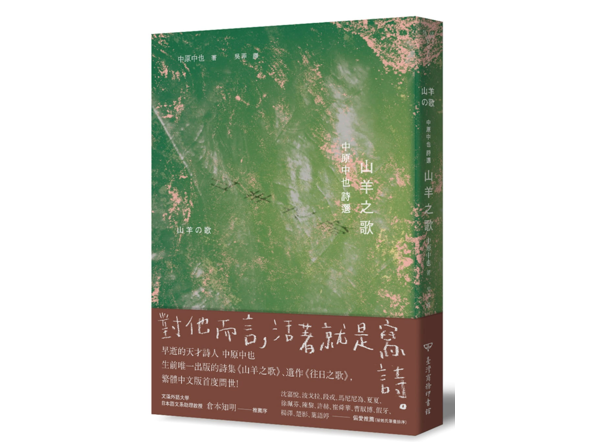
The third book: Brush strokes are like precise shots - Kajii Kijiro's "Lemon"
If Shuoya's poems are like his favorite "song" in the title of his poems, he always needs to sing his deepest feelings directly through words, then the third book to recommend—— Kajii Kijiro's "Lemon" is just the opposite. His words do not directly express his feelings, but use a photographic technique to close-up or profile the gestures revealed in the characters and life fragments, thereby reflecting the melancholy and depression that cannot be described.
"Lemon" is a collection of only 20 short stories written by Kajii in his lifetime. Although the setting is different, each novel has a similar theme and a similar protagonist. These protagonists live a poor life, and most of them suffer from tuberculosis just like the author. There are no major events in the novel, but it often makes people feel that there is a lack of plot. The whole article "Lemon" is actually just a story of the protagonist hanging out on the street. Yet that's what makes Kajii's writing so appealing, because he lets you see that even in simple, mundane events, there are complex minds and imaginations within people.
This is mainly because the words written by Kajii often reveal a strong sense of picture. And the writing of these scenes can tightly hold the inner thoughts of the protagonist. It conveys strong, deep feelings. In the description of the scene, Kajii often adds a kind of sudden imagination, which makes the picture appear static at first glance, but it is full of the psychological activities of the characters. The brushstrokes are like precise lenses, which lightly outline the mood of the characters. It's worth reading as a whole.
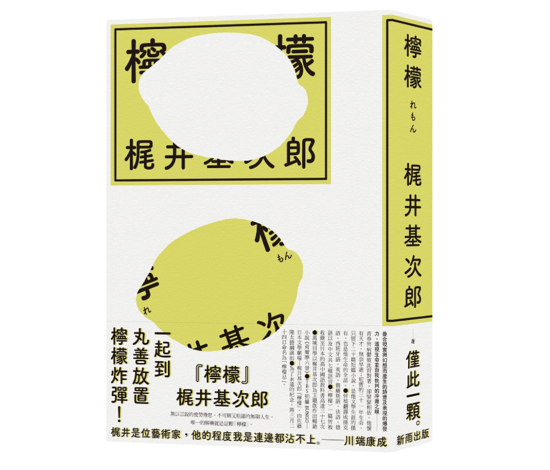
The fourth book: trivial but unforgettable things, ordinary but unforgettable people - Kunikida Musashino "Musashino"
Like the two previous writers, Kunikida Dubu is probably not a familiar name to Taiwanese. But in the development of modern Japanese literature, Kunikida Tobu is a writer who cannot be ignored. Just as Kaneya Kyoto said in "The Origin of Modern Japanese Literature": "It was only when Kunikida was alone that modern Japanese literature was able to write freely for the first time." This is enough to show his importance.
"Musashino" is the most famous and most important work in the life of Tomo. In addition to making him known as a pioneer of Japanese naturalistic literature, he is also considered an important Japanese writer of nature writing. However, what impressed the author deeply and further understood his literary context was his other article "The Unforgettable Man". This novel is not so much about the three people who make the protagonist unforgettable, but rather is written to break people's definition of "unforgettable". That is, the unforgettable person does not mean the person who cannot be forgotten, but the person who cannot be forgotten even if it is forgotten. In the book, they are a man who accidentally catches a glimpse of a man squatting on the bank to pick up things, a groom who sings a folk song and drives by the road, and finally a man who plays the lute alone in a crowded alley. These people have no interaction with the protagonist in the book, and may not even meet the eyes. However, in the protagonist's startling glance, they leave an unforgettable figure inexplicably.
I have noticed that life is actually full of such things, and being ignored by these unexpected surprises will bring about major changes. This has an effect: the value of literature should lie in the delicate attention to objects that are often overlooked but can actually deeply affect people's hearts. Therefore, in his novels, the themes described are mostly nameless old men, ordinary people, homeless people, etc., as well as various natural landscapes that appear to be ordinary without language. The reason why "Musashino" has such great literary value is that Yupo uses a very delicate and realistic brushwork to describe those scenes that are usually seen by people, but can be unforgettable if you look closely.
Trivial but unforgettable things, ordinary but unforgettable people, ordinary but unforgettable scenery, this is the tone of all Kunikida's works, and it is also their interest.
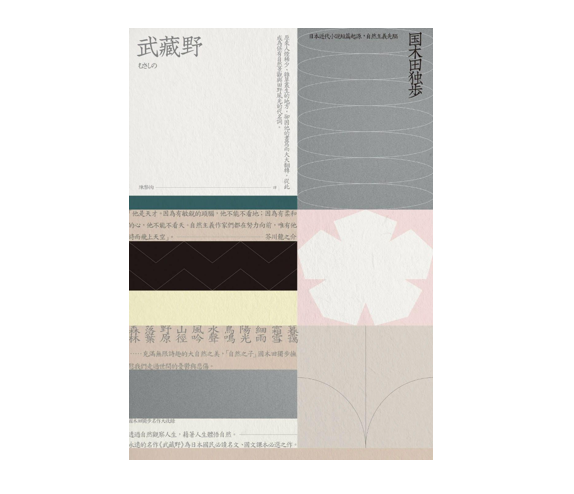
Book 5: A Refined and Magical Text Labyrinth —— "My Mystery" by Shuji Terayama
The last one is "My Mystery". It is an autobiography written by Shuji Terayama, an avant-garde artist who influenced Japanese theater, film, photography, architecture, and literature in the 1960s and 1970s. Rather than saying that this is his autobiography, "I Am a Mystery" is a mirror labyrinth of various past "memories" of Shuji Terayama, mixed with refined and magical words.
I absolutely hate "confession", whether in poetry or other writing. I don't think I wrote to "show my inner truth", but to "hide my inner truth"...
I don't recommend people take this "autobiography" really as the author's past, because for Shuji Terayama, writing is to hide himself. The so-called "memory is not necessarily what the author actually happened in the past, but what the author hopes actually happened in the past."
"My Mystery" is not an autobiography, but a fictional work that explores fiction (autobiography, memory), because all autobiography and memory are mixed with fiction, and these "pasts" are fictionalized and discussed again through words. . Fiction becomes something more real in the mind than truth. In other words, the truth does not exist in the past, but in the fiction of the "past."
Fiction, for the author, has become a kind of duplication and multiplication of self and experience, and creation is not for expressing and expanding oneself, but precisely to try to eliminate the original self full of lack. This lack may come from his hatred and dissatisfaction with his family (which is written a lot in the book, and it is also very profound), or from his repression and rage at the cruel encounters in life. In short, the writer chooses to embark on the arduous road of creation in order not to let the riddled self lose the hope and goal of living. Through the reorganization and thinking of various "memories", I kept making various fictions about "me". In the end, it was impossible to distinguish what "me" was... They became the origin of "my mystery". It is also the origin of the mystery of "art".
If you are confused about yourself and life, "I Am a Mystery" may be a good book to help you instinctively. And if you are a person who is interested in creation and literature, then this book is strongly recommended for you to read, because it will give you a new understanding of creation. And let you better understand what is the experience of virtual and real.
(This article is simultaneously published on the square grid blog: Literature Lab )
FB Fan: https://pse.is/TCBRA
IG account: https://www.instagram.com/bungoussteins/
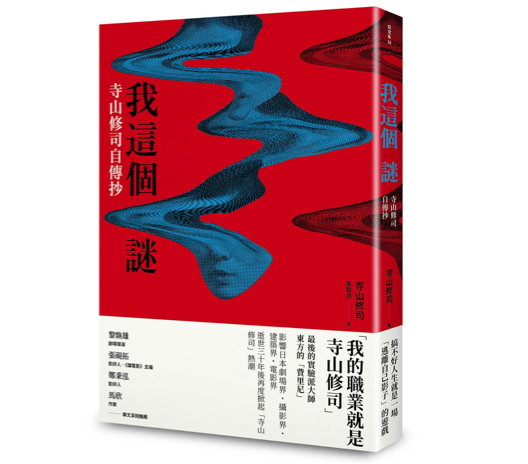
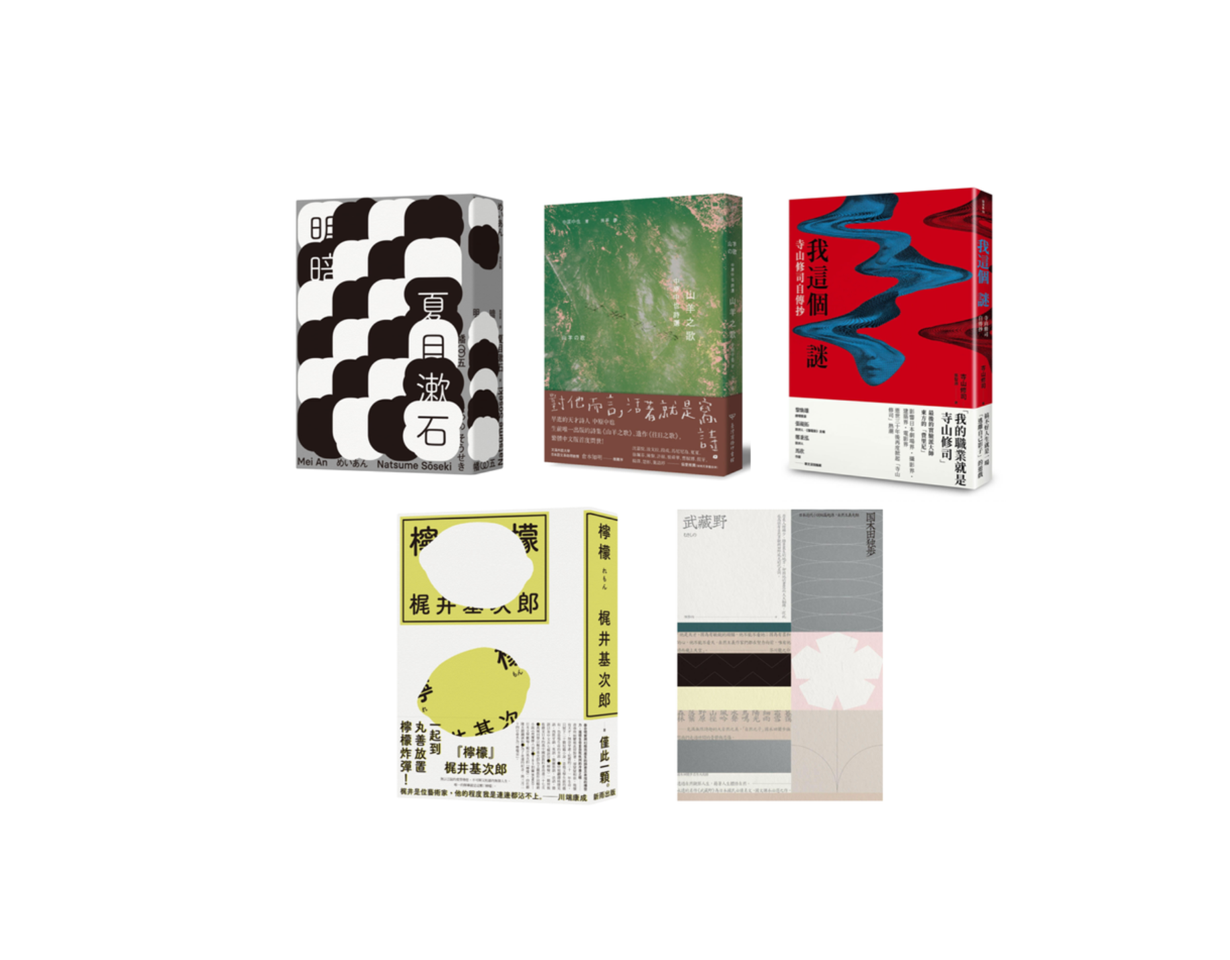
Like my work? Don't forget to support and clap, let me know that you are with me on the road of creation. Keep this enthusiasm together!



- Author
- More